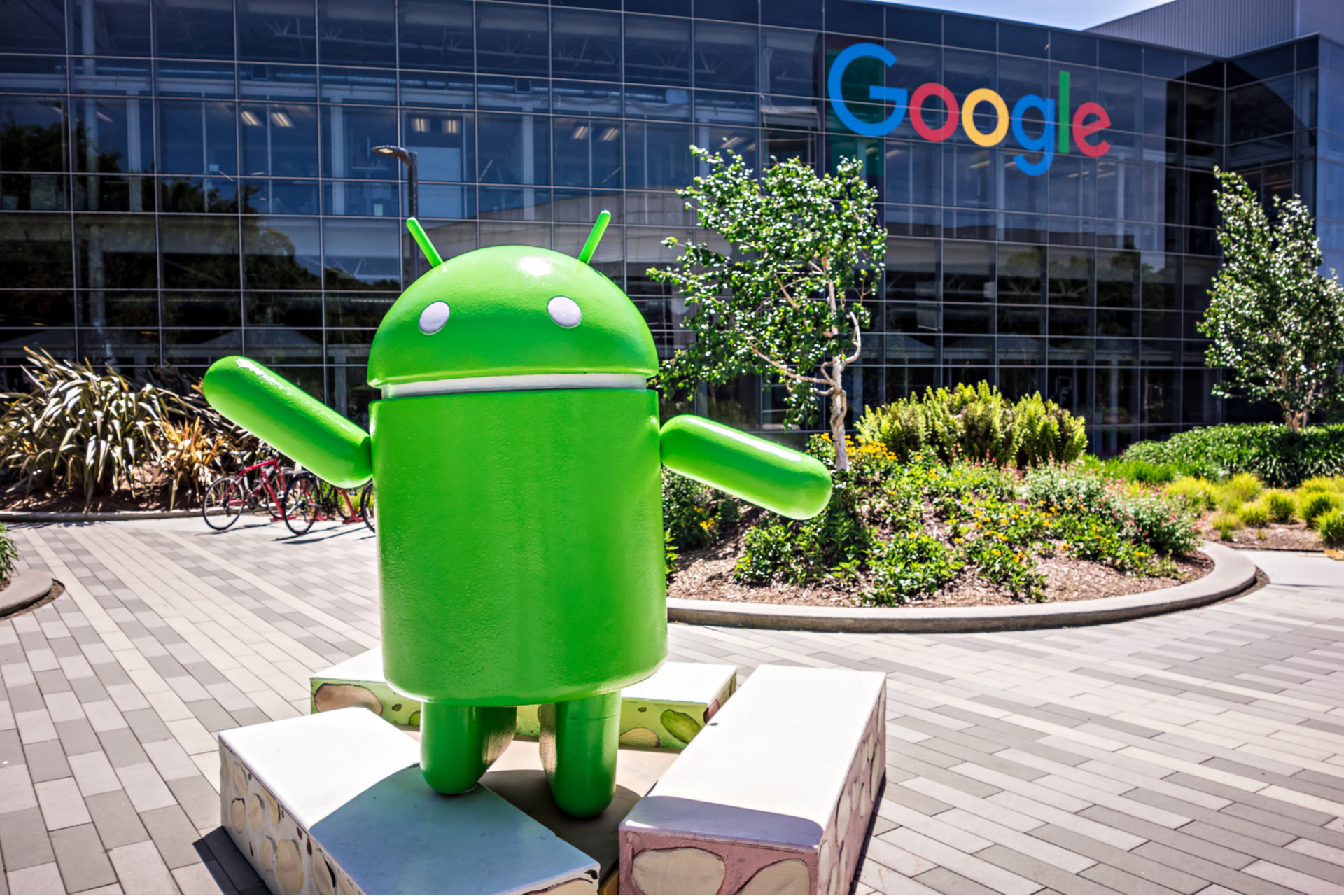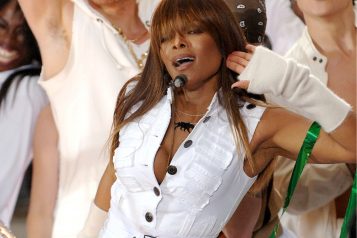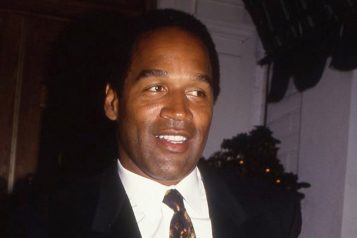After more than a decade of litigation, the U.S Supreme Court has cleared Google of wrongdoing in the multibillion-dollar copyright lawsuit filed by Oracle over smartphone software, ruling that the tech giant made fair use of the code at issue.

The justices ruled, after a 6-2 vote, that Google did not infringe Oracle’s copyrights when it used the company’s Java software language to create the Android smartphone platform.
Writing for the majority, Justice Stephen Breyer said that Google took “only what was needed to allow users to put their accrued talents to work in a new and transformative program.”
“To the extent that Google used parts of the [Java code] to create a new platform that could be readily used by programmers, its use was consistent with that creative ‘progress’ that is the basic constitutional objective of copyright itself,” he wrote.
In their statement, Oracle harshly criticized the ruling and referenced the broader regulatory scrutiny that Google is currently facing.
“They stole Java and spent a decade litigating as only a monopolist can,” Oracle spokeswoman Deborah Hellinger said. “This behavior is exactly why regulatory authorities around the world and in the United States are examining Google’s business practices.”
Google described the decision as “a victory for consumers, interoperability, and computer science.”
“The decision gives legal certainty to the next generation of developers whose new products and services will benefit consumers,” said Google spokesman Kent Walker.
The justices sided with Google on each of the key “factors” courts weigh when considering fair use. They said the tech giant had made a so-called transformative use of the code, for instance, and that it had only used a relatively small amount of it.
The court seemed to focus most on the functional nature of Oracle’s code, saying that it was “inherently bound together with uncopyrightable ideas” — and thus more necessary for other companies to be able to re-use.
“It is inextricably bound together with a general system, the division of computing tasks, that no one claims is a proper subject of copyright,” Justice Breyer wrote. “It is inextricably bound up with the idea of organizing tasks into what we have called cabinets, drawers, and files, an idea that is also not copyrightable.”
The justices avoided the issue of copyrightability, citing the “rapidly changing technological, economic, and business-related circumstances of the software business.”
“The fact that computer programs are primarily functional makes it difficult to apply traditional copyright concepts in that technological world,” Justice Breyer wrote. “In doing so here, we have not changed the nature of those concepts. We do not overturn or modify our earlier cases involving fair use — cases, for example, that involve ‘knockoff’ products, journalistic writings, and parodies.”
Read more articles from Haute Lawyer, visit https://hauteliving.com/hautelawyer/


















